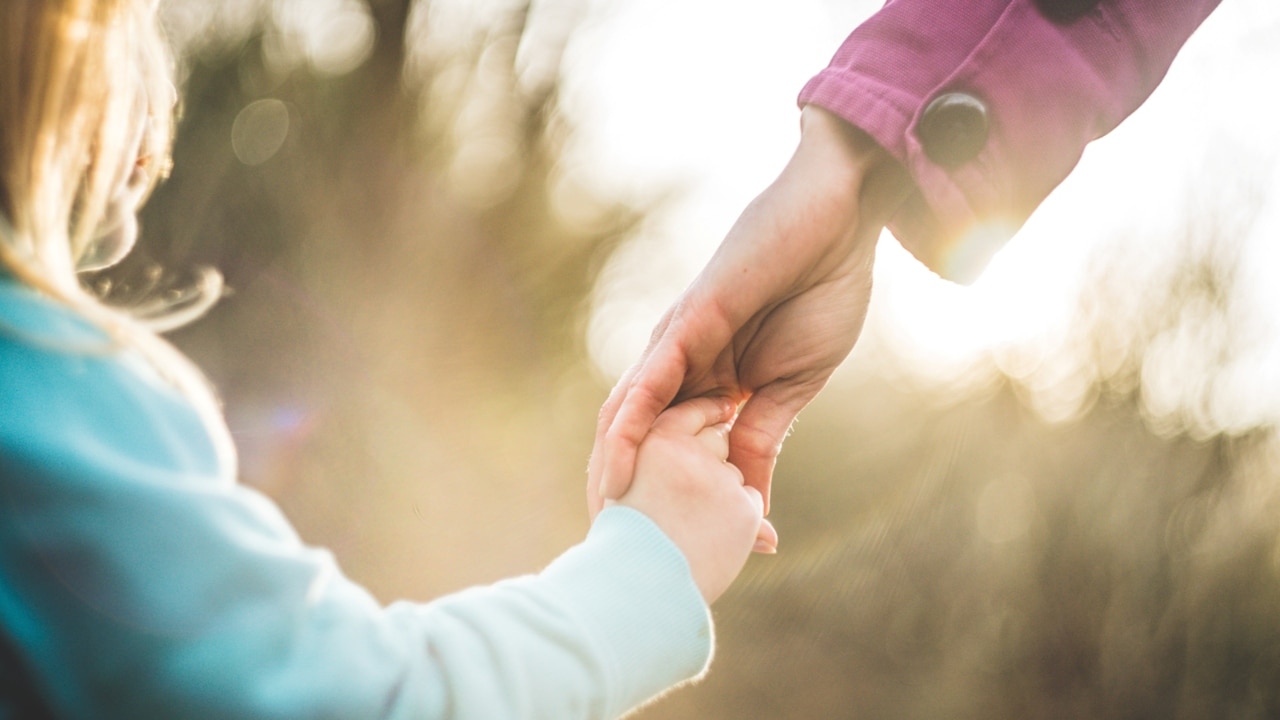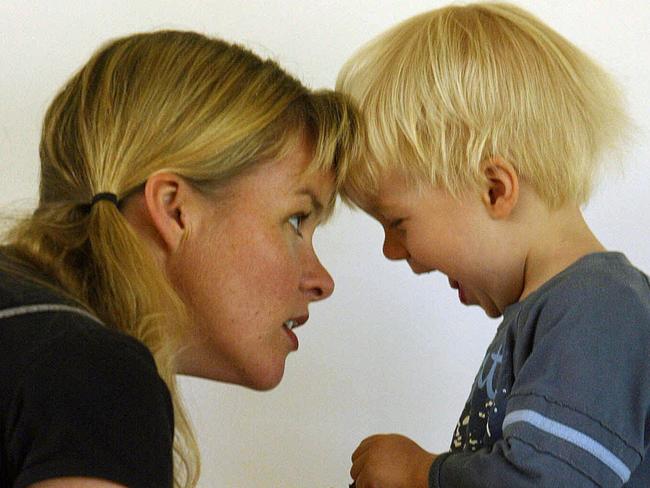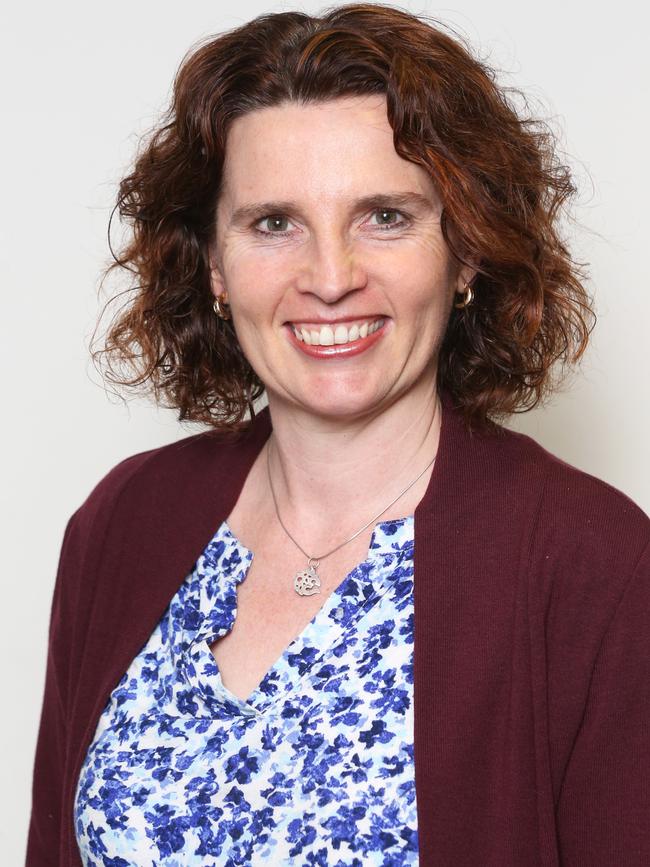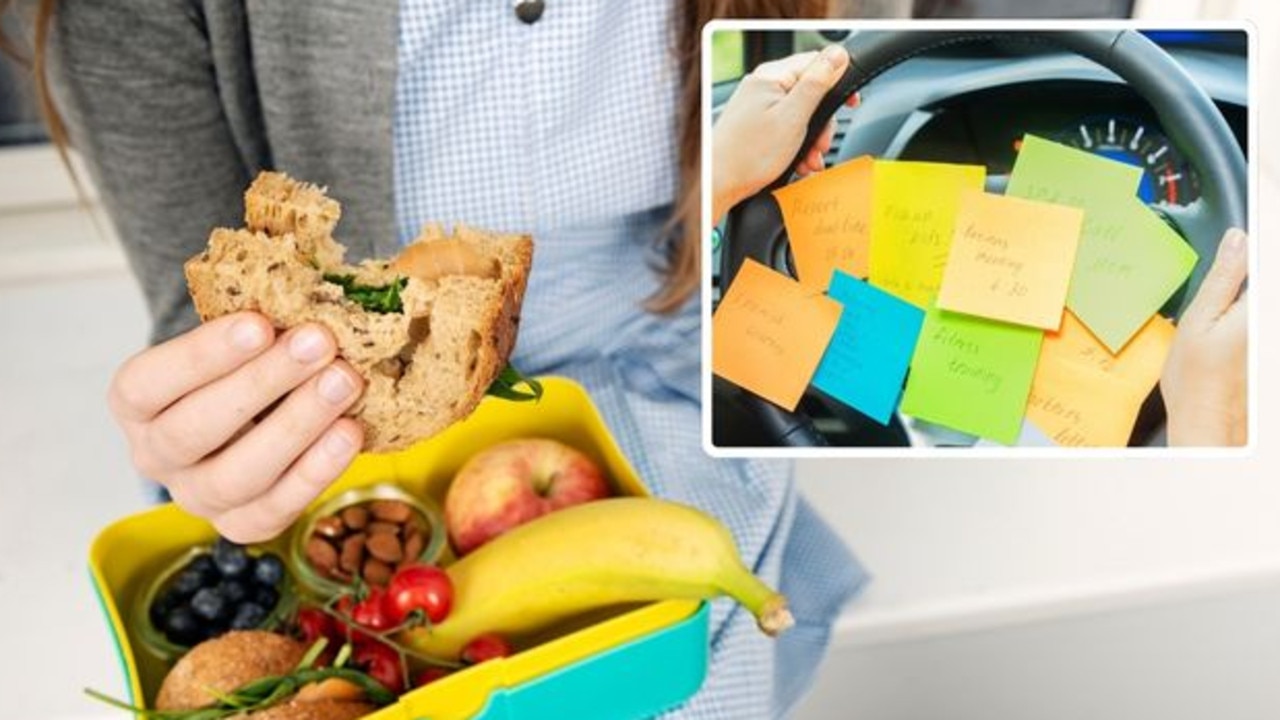Grow up parents, let kids be kids
A colleague of mine sat in an eastern suburbs beachside cafe a few weeks back and witnessed a clash of the generations.

Opinion
Don't miss out on the headlines from Opinion. Followed categories will be added to My News.
A colleague of mine sat in an eastern suburbs beachside cafe a few weeks back and witnessed a clash of the generations.
A mum with several kids in tow was waiting for a takeaway coffee. Her young son sat down at a table next to an older couple who were quietly reading newspapers and sipping on their flat whites.
The boy, about six, was screaming loudly and violently bashing the table in a bid to amuse his slightly older brother, piercing the ears of everyone sitting in the immediate vicinity.
The older lady leaned over and told the boy to be a bit quieter.
The mother, furious, told off the couple on her way out saying: “Don’t you dare tell my kid to be quiet!”.
My colleague couldn’t make up his mind over who was in the wrong. Was it a case of an old lady “Karen” telling off the younger woman? Or was the mother’s reaction over the top and entitled, considering the disruption of her son?

About a decade ago there was a spate of stories about how restaurants were increasingly banning children, alongside the rise of a movement of “adult only” spaces, such as ritzy housing precincts and special cruise holidays.
Ironically it was just as the great demographic shift of women having fewer and fewer babies had begun to show up around us. The proportion of children relative to the Australian population has been steadily declining over the decades — from 17 per cent in 1971 to 12 per cent last year.
There’s less children playing in groups out in the streets, on their bikes or in the parks around us. They’re more often in the company of adults and ferried to their highly structured classes. But ironically, as their numbers fall and families have just one or two, it’s become a bit easier to take them out into the adult world.
They have been trained since they were very small in their tightly strapped prams to sip babycinos and sit still on restaurant booster seats for their gourmet sushi rolls.
Twenty per cent of children now visit a restaurant once a week and the push for adult-only spaces appears to have quietly faded away.
When I was a kid we never went to restaurants — we had fish and chips or take-away hamburgers and sat in parks, then ran around and played chasings.

When a new McDonalds at Bexley opened its doors the grown-ups marvelled at how child friendly it all was + fixed tables that didn’t move, no cutlery to throw, no plates to accidentally drop. All so plastic and unbreakable.
It didn’t matter how boisterous the kids were. Now most children are much more sophisticated in eating out, unless they’re getting tired and cranky …. and so when they do misbehave, like kids eventually do, it really stands out.
According to modern etiquette queen Zarife Hardy, who runs the Australian School of Etiquette, it’s the responsibility of the parent/carer to make sure the child is “behaving appropriately in the restaurant/café”.
“This includes sitting at the table, not talking loudly, respecting the environment and others.” But on the other hand, “it is very bad manners for a stranger to tell a child what to do unless it is in an emergency”.
Essentially it’s the role of the manager to deal with the situation “if it’s disturbing to the patrons”, she says.
It’s an interesting sign of the times that you can’t really speak to someone else’s kids. A national survey a few years back of 1000 first time Australian mothers found almost half said they became stressed when given “unwanted parenting advice”.
Mothers can get very uncomfortable about being judged, particularly in public, and become too defensive. I think it’s got something to do with being overly worried about appearances and not trusting their own instincts.
Interestingly, Canadian author and psychologist Jordan Peterson says in a lecture about antisocial behaviour in children, that if you were to group children by their age in big groups, and watch them interact and code their behaviour for kicking, biting and fighting, you would find the two-year-old children are the most aggressive. And some of of the boys are particularly aggressive.
But by the time they’re four, most of the hyper aggressive two-year-old boys have socialised well. He argues rough and tumble play is part of what brings their aggressive nature under control.
Particularly play that adult males do with them, like throwing them in the air and mock wrestling. Rat studies apparently show that if they don’t get the rough and tumble play, they end up with developmental deficits.
“And so one of the things that’s happening with boys — because they’re way more dosed with attention deficit disorder medication than girls — is that their natural proclivity to engage in robust and troublesome active play isn’t appropriate for a school environment.”
The ADHD medication suppresses the play function. And his argument is sitting still at school for hours is not natural either.
Here in Australia, the rate of that type of medication for children rose by 30 per cent between 2013-14 and 2017. Children from the poorest families had the highest rates.
Perhaps instead of rigidly making our children conform to our adult world so early, they can be given a bit more space — literally — to simply be children for a bit longer.



